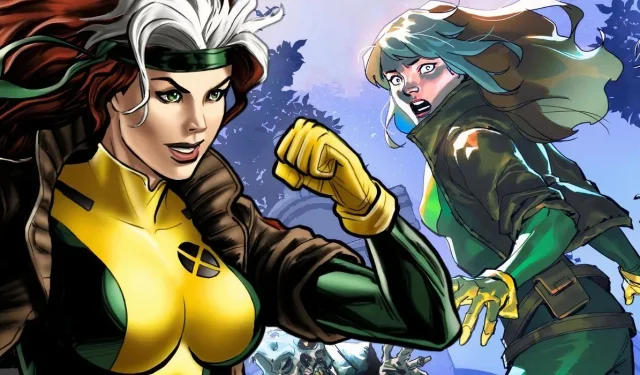
In the expansive universe of Marvel, the codename Rogue has been a staple since the character’s introduction in 1981. For over four decades, this name has been closely linked to her origin story, representing a complex journey. However, as the character of Rogue has significantly evolved, the appropriateness of her moniker has come into question.
A fascinating observation emerges from Brazil, where Rogue is often referred to as Vampira in various comic book covers. This alternative name offers a fresh perspective, suggesting that perhaps Vampira may better encapsulate the essence of the character as she exists today.
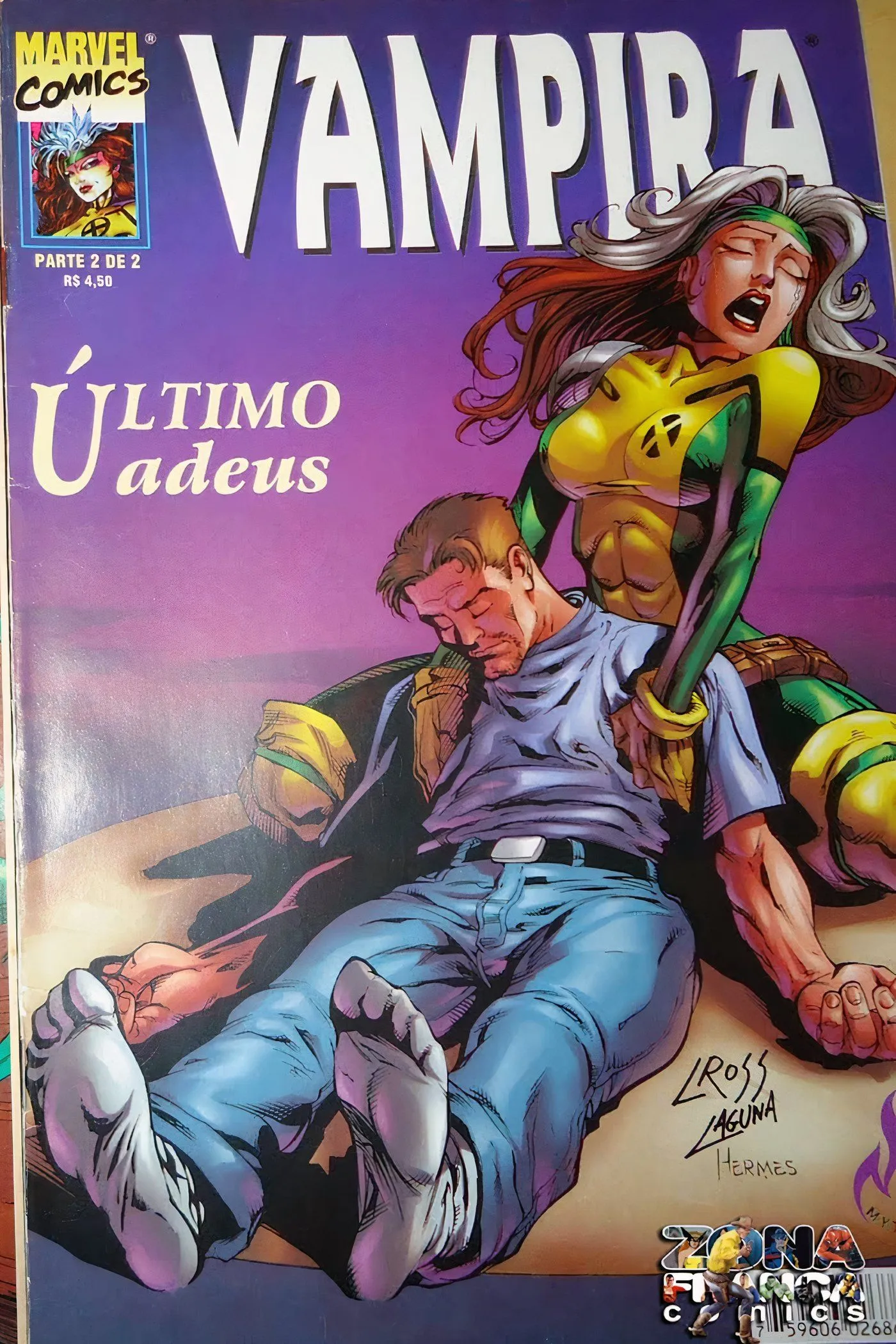
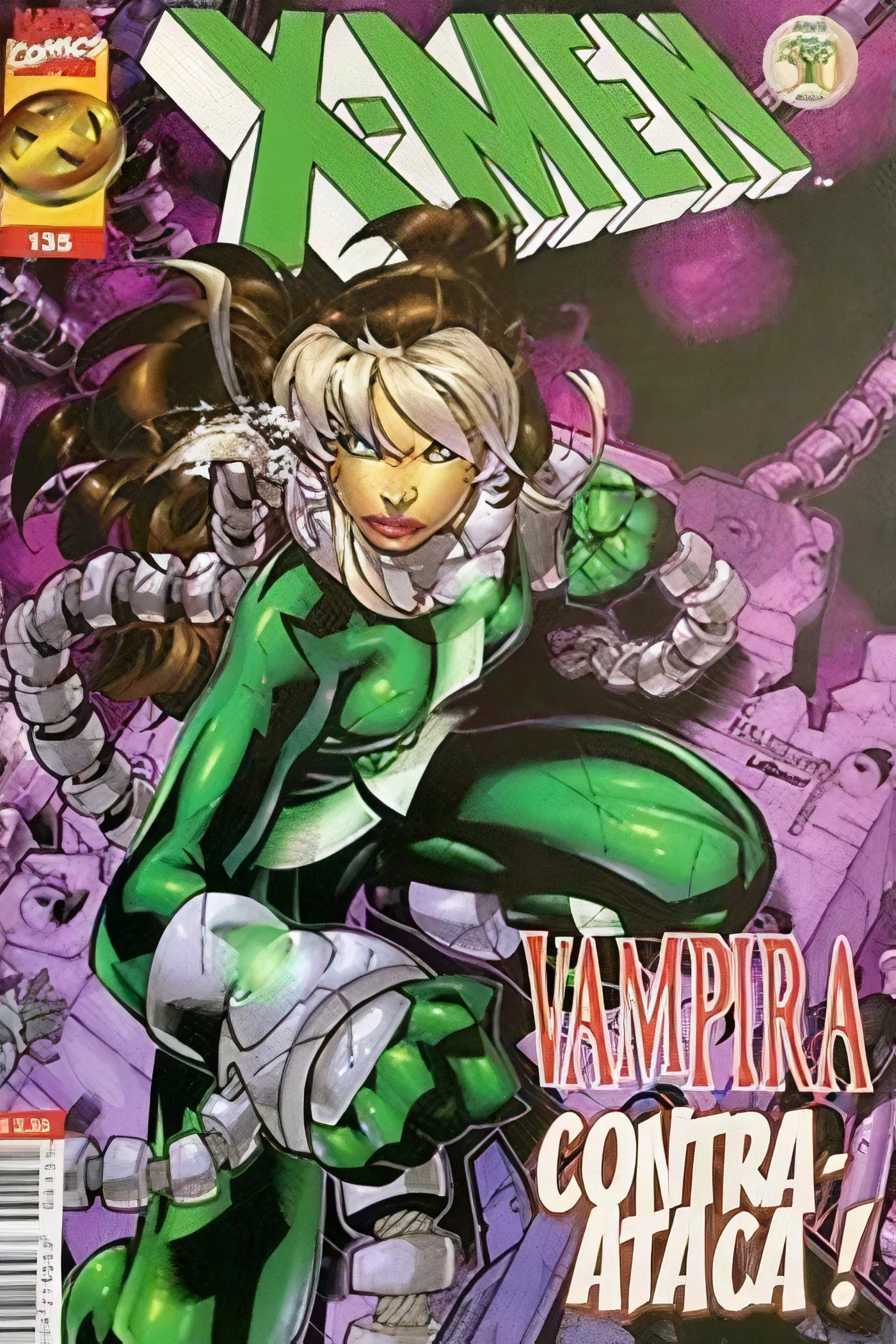
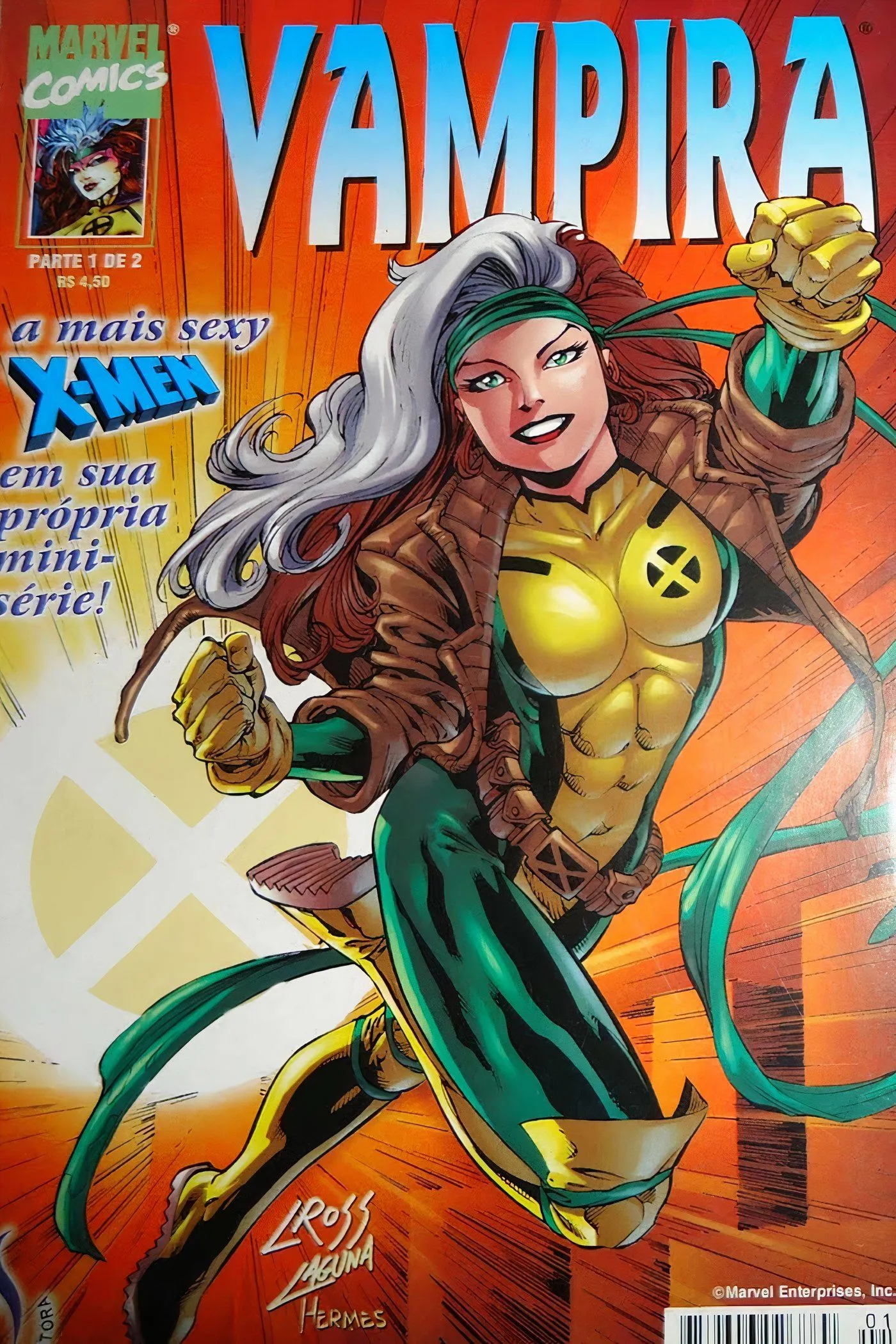
What Is the Origin of the Name Rogue?
Her Early Years
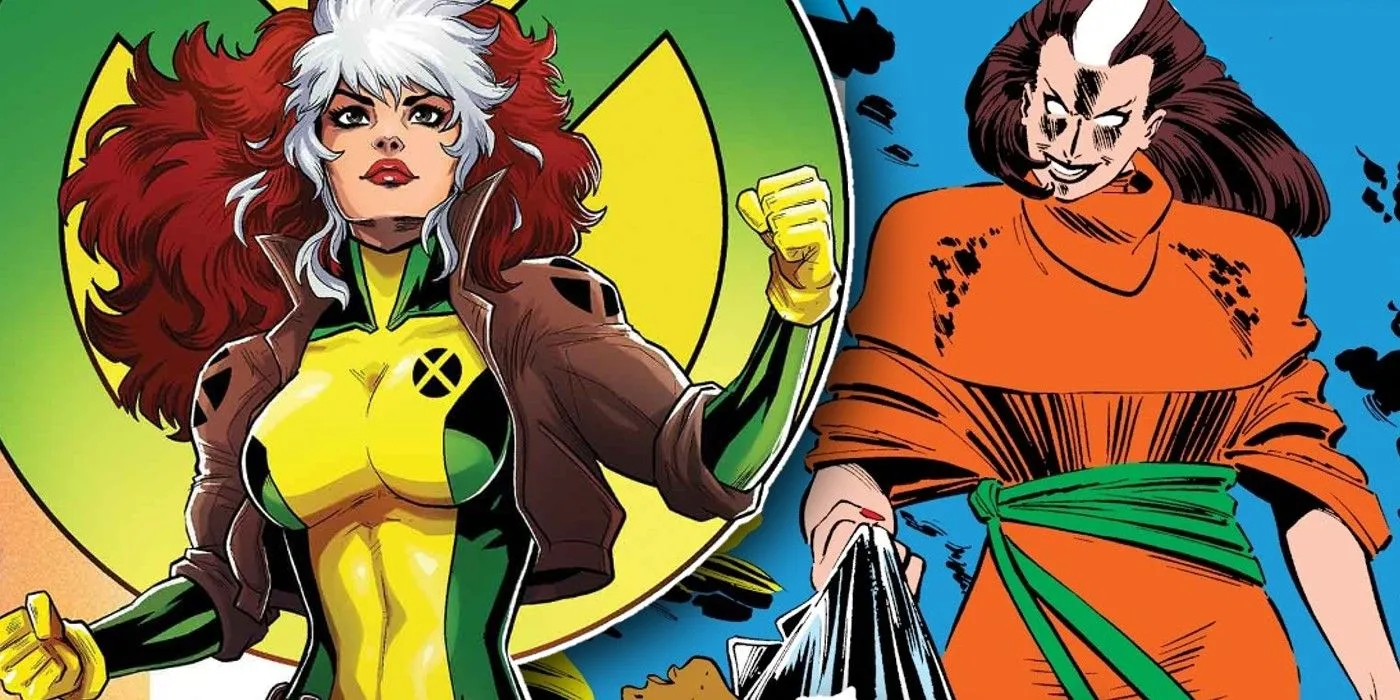
Rogue’s identity stems from a childhood nickname given to her during her tumultuous teenage years as a runaway. Initially, fans remember her as a villain before she transitioned into a heroic role. Rogue’s full backstory, including her birth name Anna Marie, was elaborated in the 2004 series Rogue by Robert Rodi and Cliff Richards. This series paints a vivid picture of Anna Marie’s upbringing in Caldecott County, where she was raised in an unconventional environment by her hippie parents, Owen and Priscilla.
After Priscilla’s mysterious disappearance, Anna Marie was placed under the strict supervision of her Aunt Carrie. This shift led to rebellion and eventual runaway adventures, where she garnered a reputation among locals for her daring spirit. As she navigated the challenges of street life, the name “Rogue”became synonymous with her fierce independence and defiance.
The Evolution of Rogue
Does the Name Rogue Still Fit?
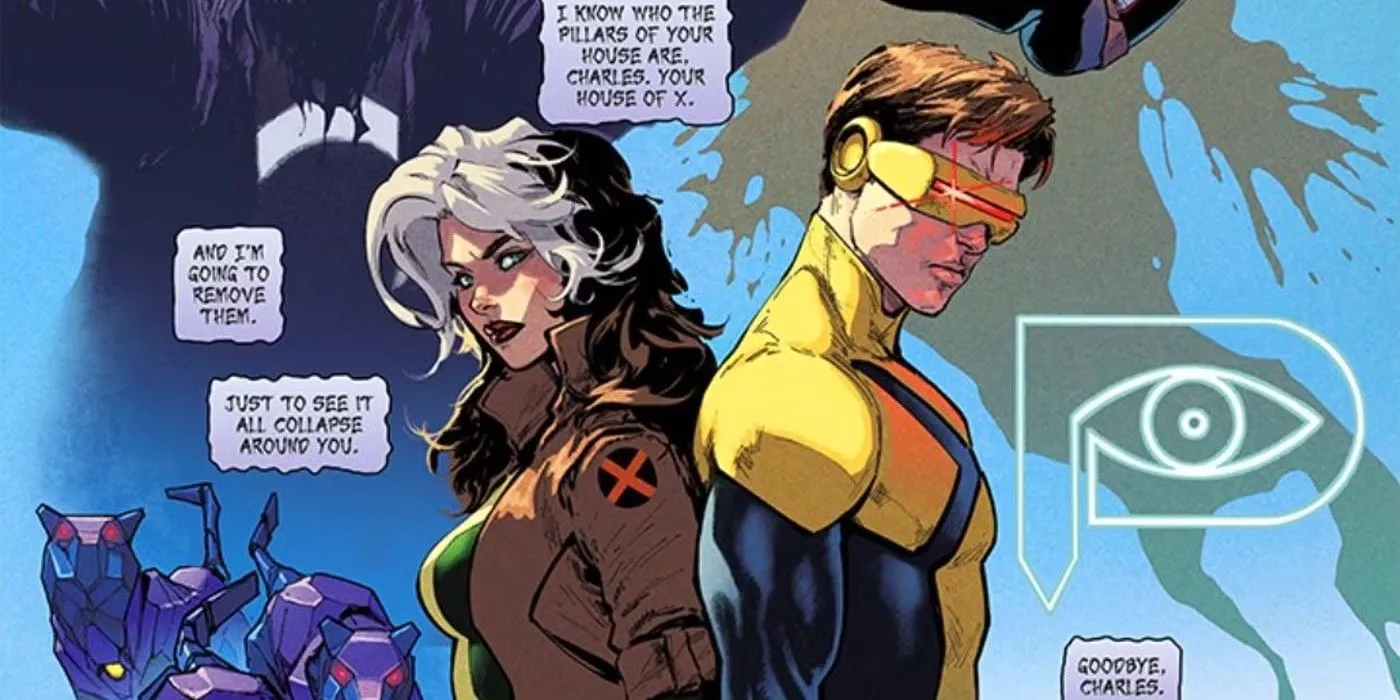
As Rogue transitioned into adulthood, her early persona still resonated with her character during her time in the Brotherhood of Evil Mutants. During this period, she exhibited a tough, untrusting demeanor, well-suited for her survivalist environment. Nonetheless, her journey toward heroism truly began when she joined the X-Men, marking a pivotal change in her character arc.
Though resistant to teamwork due to her past, Rogue gradually opened up, allowing trust to blossom. Her relationship with Gambit further exemplified this transition, embracing vulnerability after their initial kiss. This development transformed Rogue into not just a member of the team but a prominent leader, showcasing a remarkable shift from her rebellious youth.
Over the years, Rogue’s character has evolved tremendously. She has moved beyond her initial survival instincts, becoming a collaborative ally and a person who leads with strength and confidence. To continue calling her Rogue seems increasingly disconnected from the depth of her character growth.
The Case for Vampira
Should Vampira Become Official?
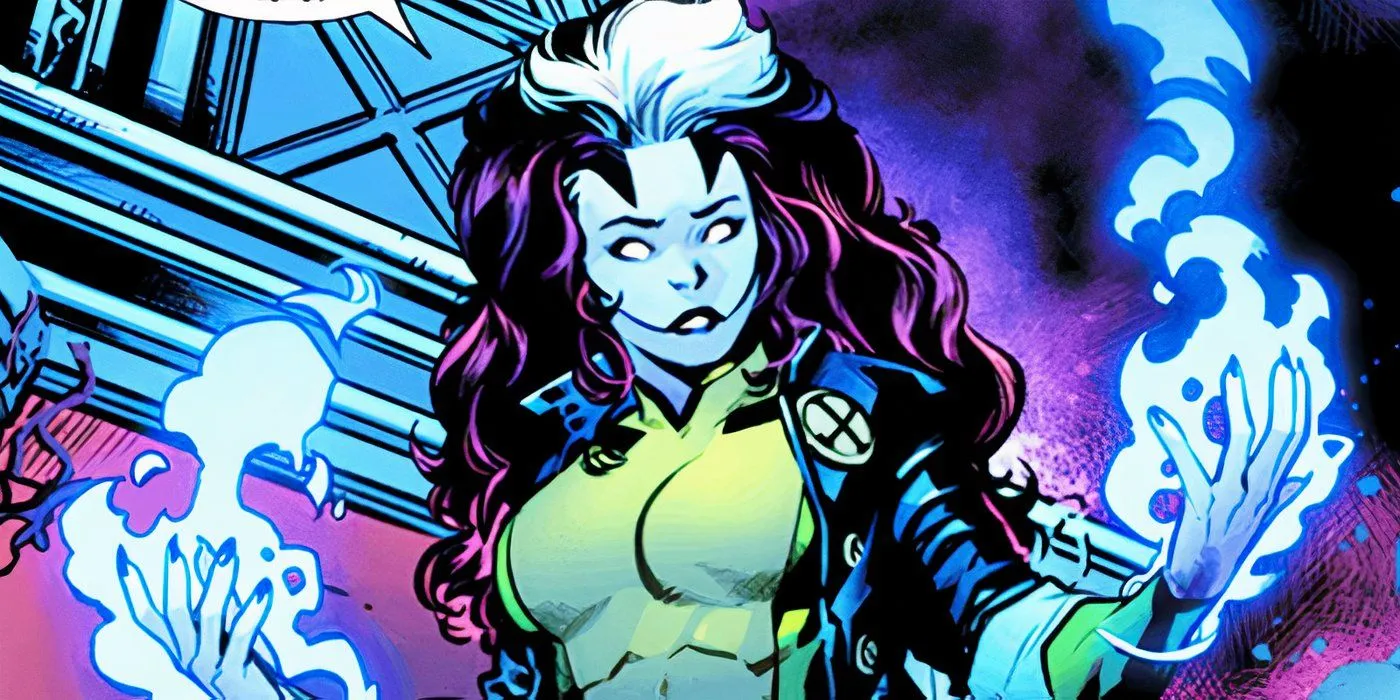
The name Vampira poignantly reflects Rogue’s primary ability to absorb powers. Much like a vampire draws life energy from its victims, Rogue’s powers allow her to drain the strength from others upon contact. This name also brings fresh connotations considering Rogue’s recent power upgrades, enhancing its relevance.
Despite the compelling nature of this alternate name, it remains a regional nickname and is not part of Marvel’s official canon. The legacy of the name Rogue has become deeply entrenched in the Marvel brand, akin to iconic figures like Spider-Man. Thus, it’s improbable that Marvel would formally adopt Vampira, despite its allure. Additionally, the name Vampira has historical precedence, as it was first popularized by Maila Nurmi in the 1950s.




Leave a Reply